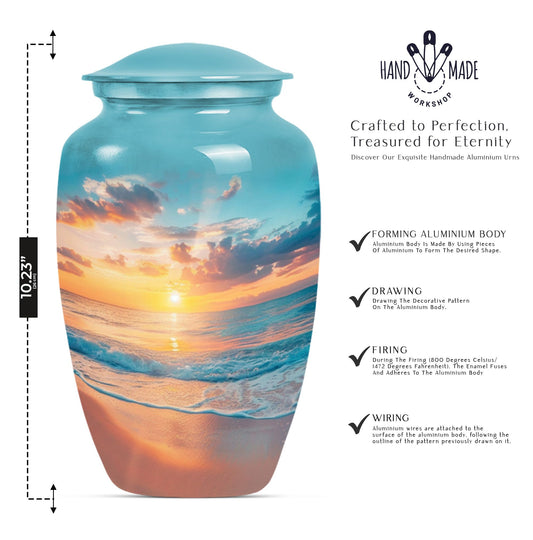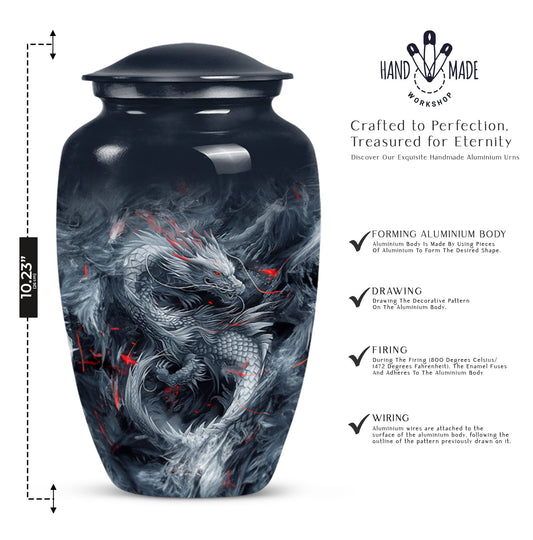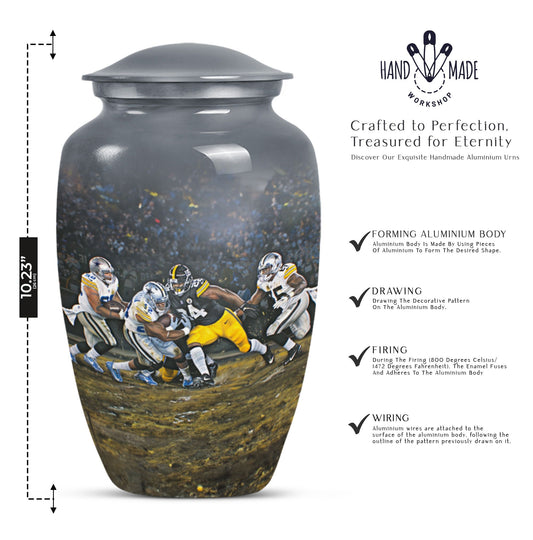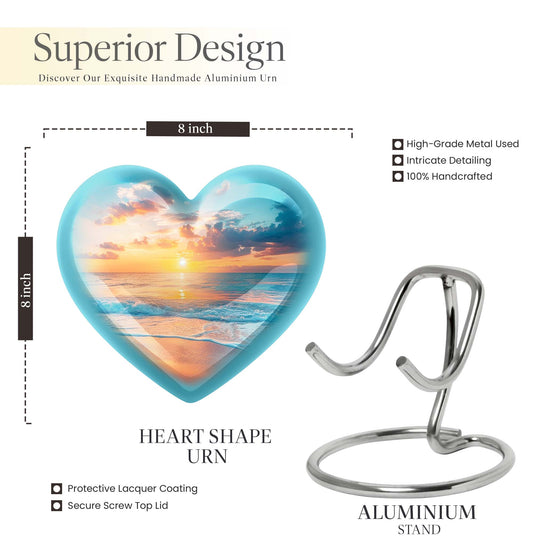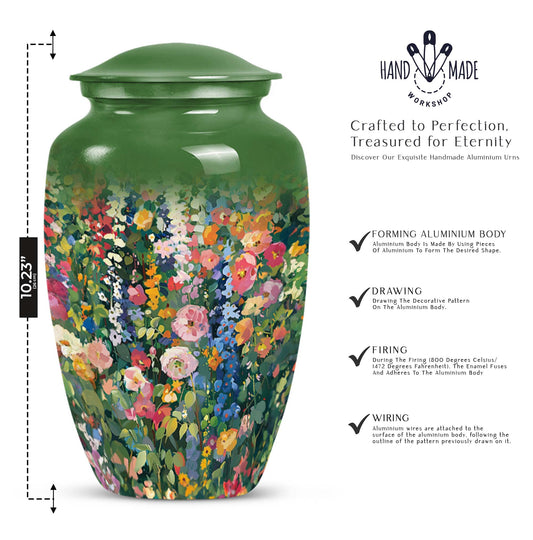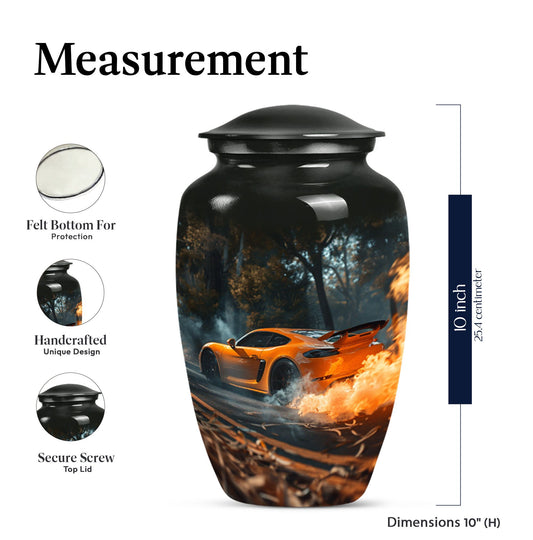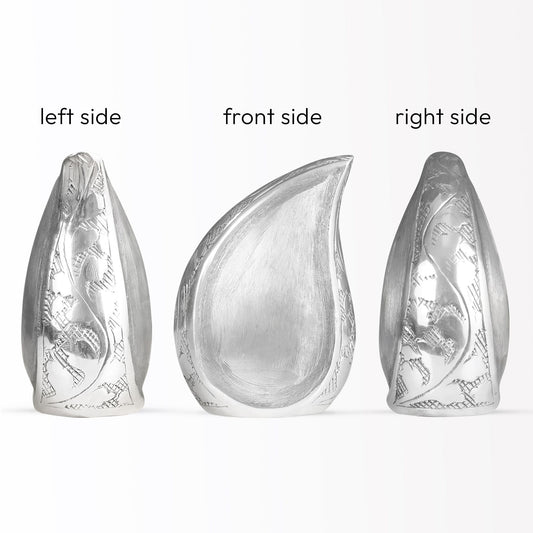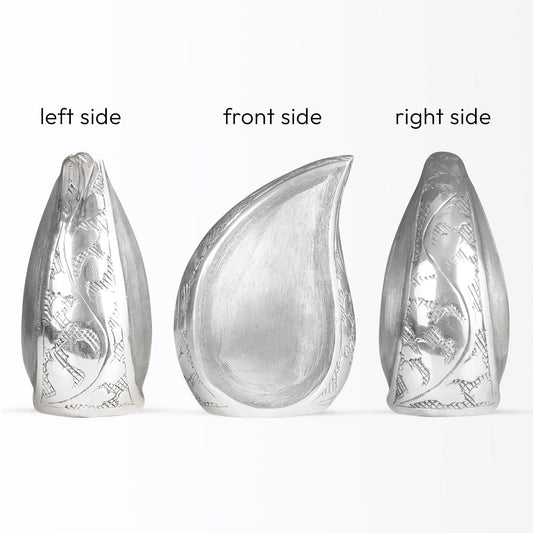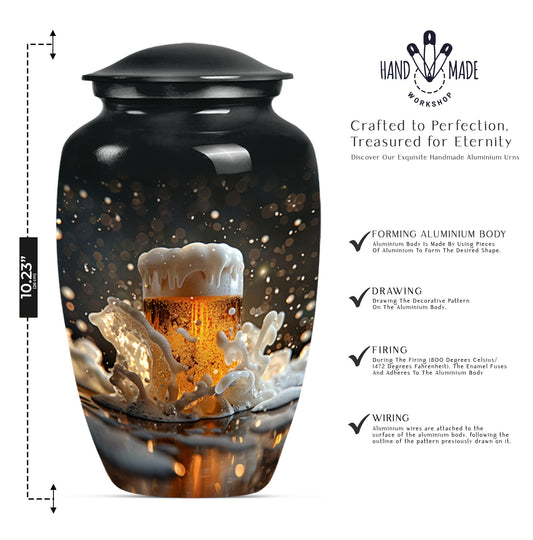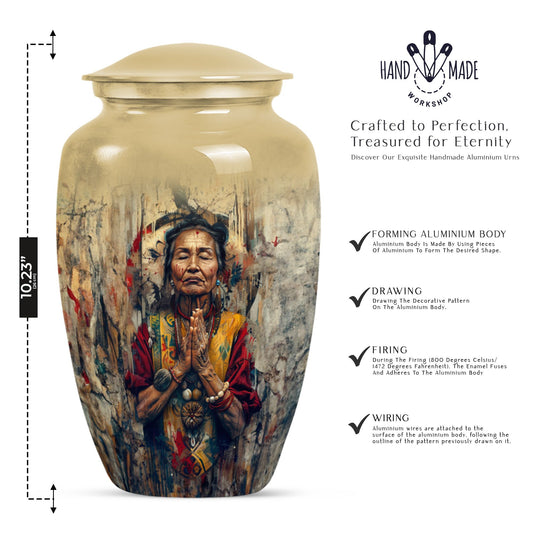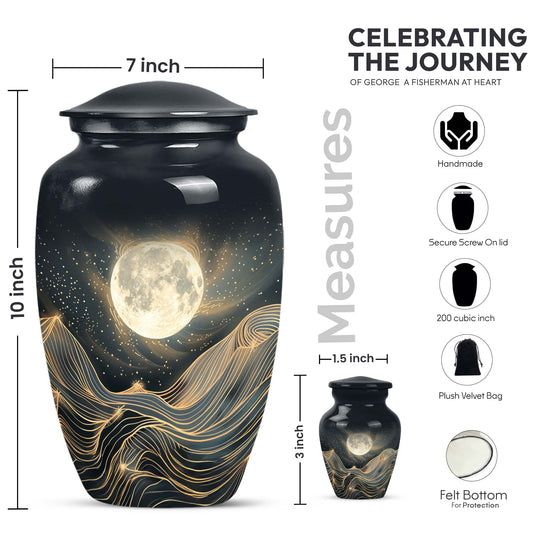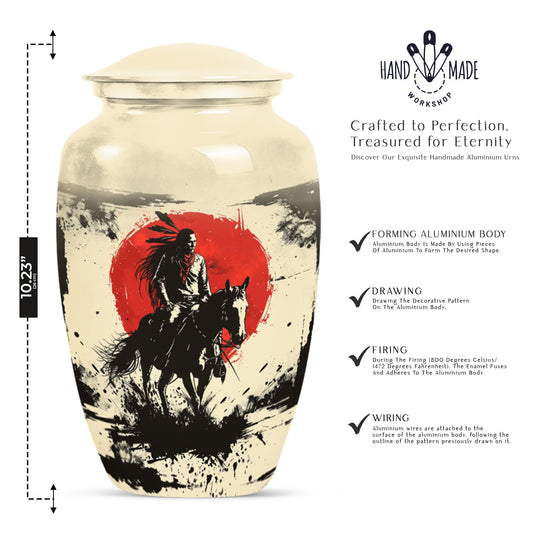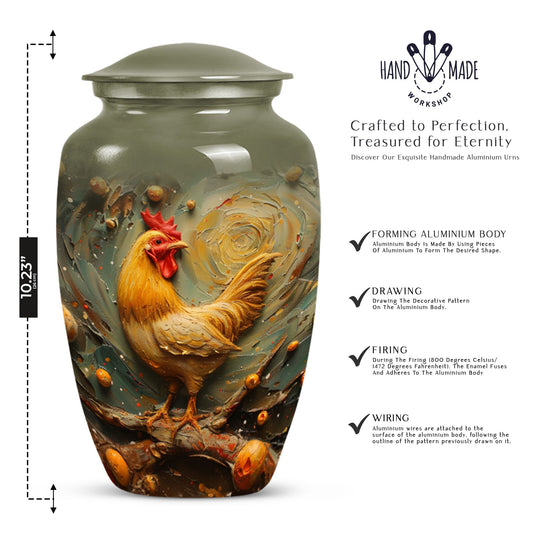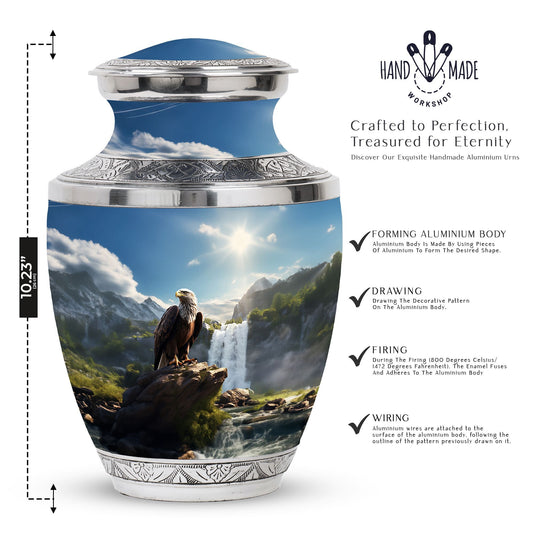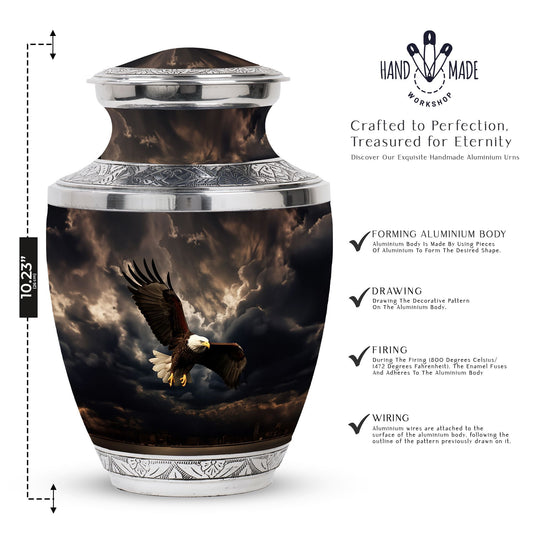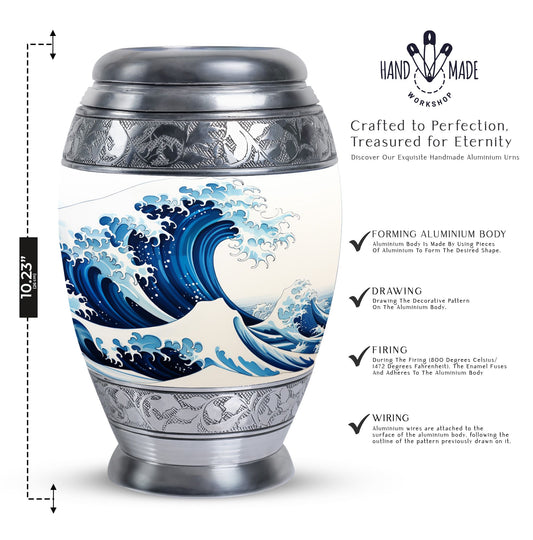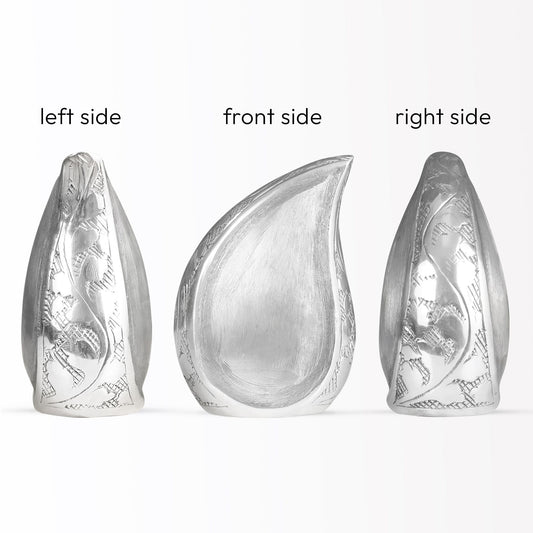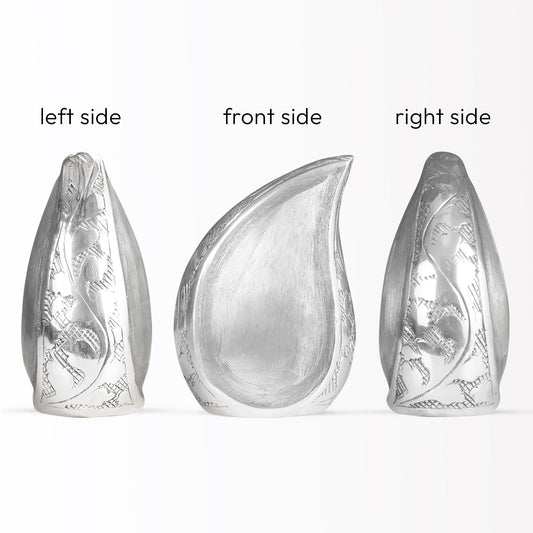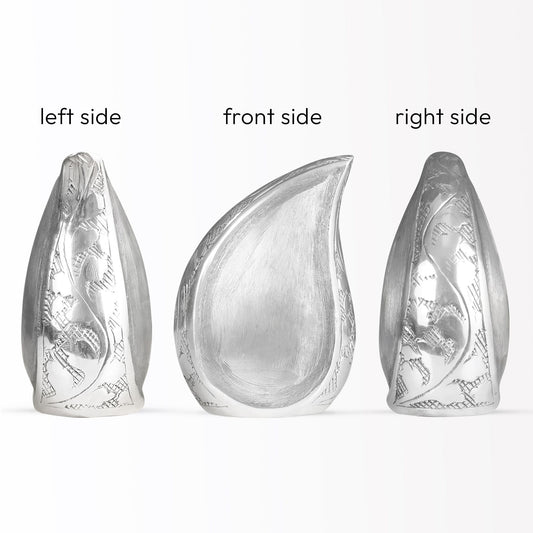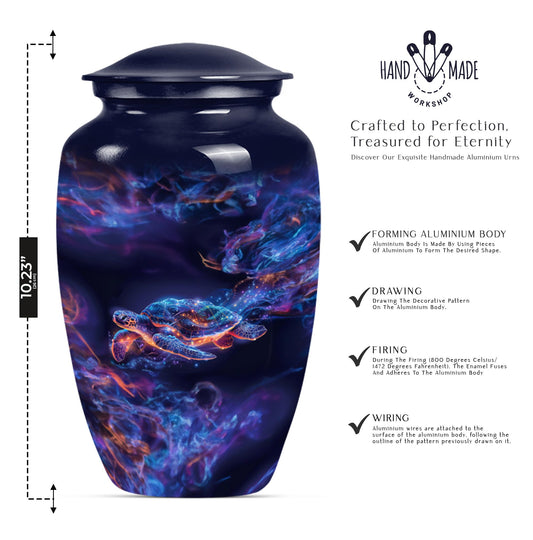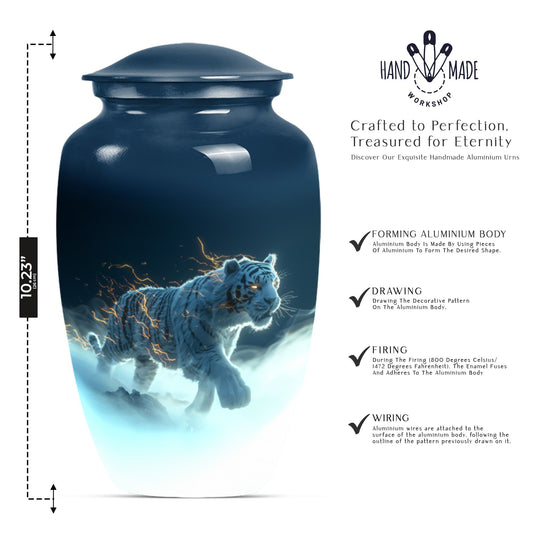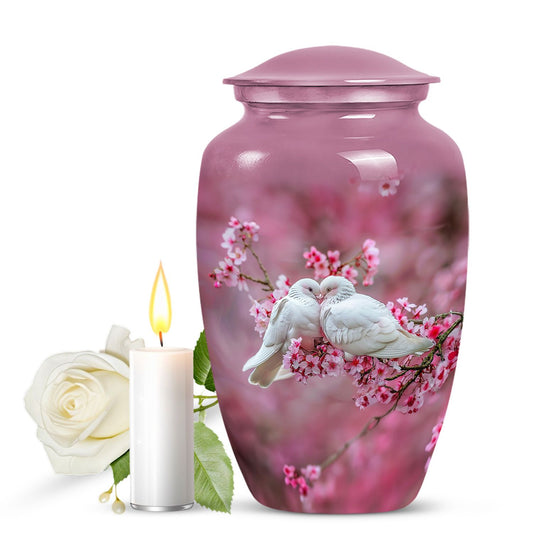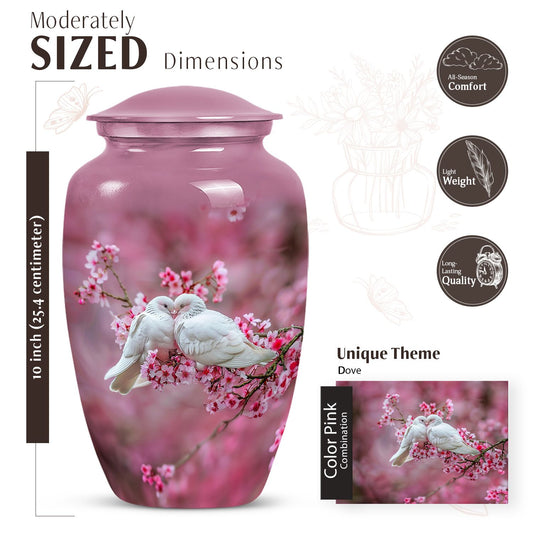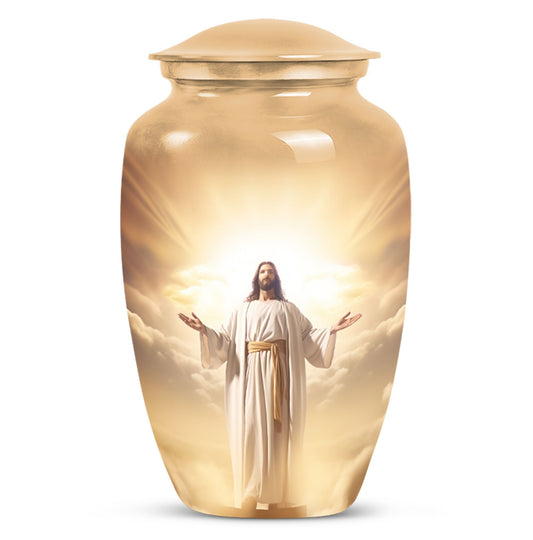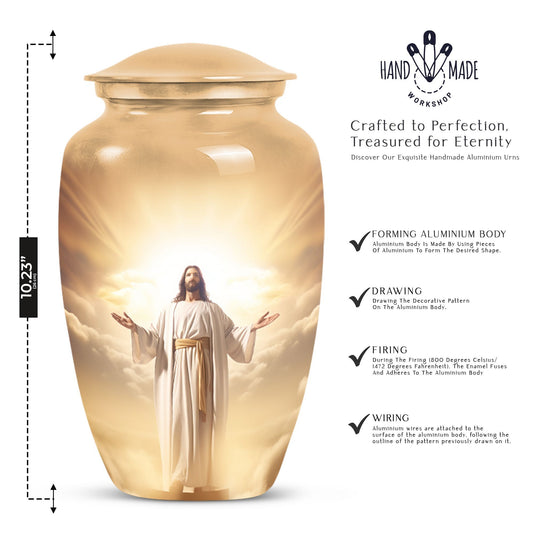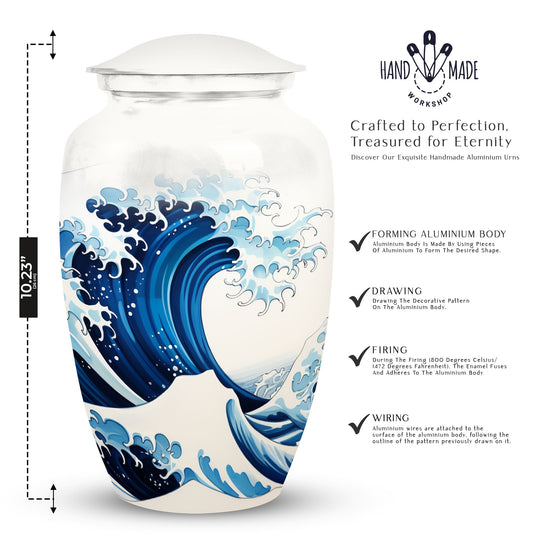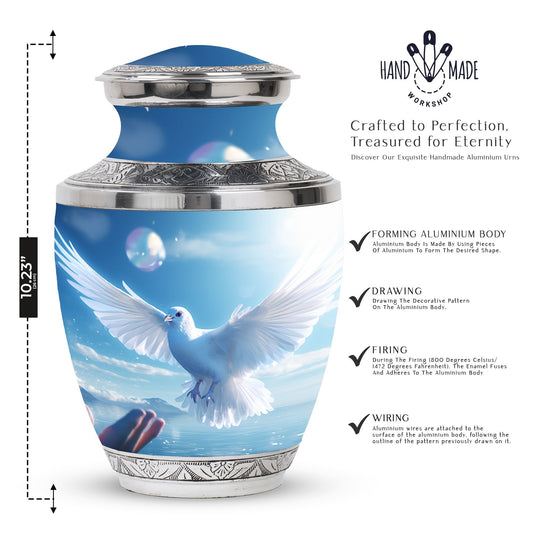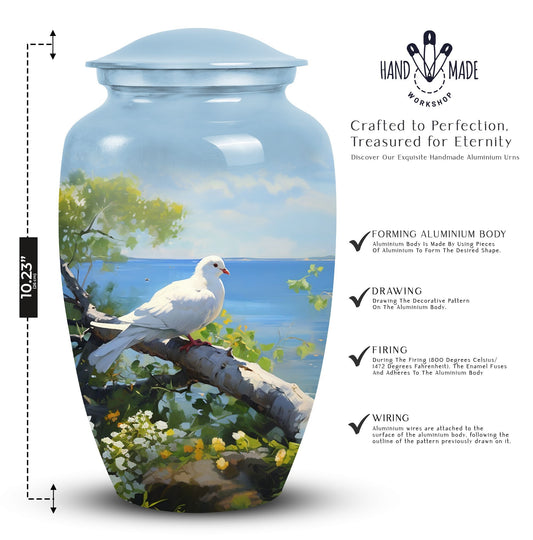Popular Urns
What Does the Bible Say About Cremation? Views and Beliefs

Cremation is among those types of body disposition which raises questions in people's minds about compatibility with the scriptural teaching. First of all, the Bible neither points out nor supports cremation or denies it but instead raises opinions and views from what it says about the practice amongst Christians.
Biblical Background on Burial Practices-
Traditionally, the Bible prefers burial over cremation. The people of ancient Israel traditionally practiced burial, as seen through the customs of the patriarchs Abraham, Isaac, and Jacob, who all were buried in family tombs.

Old Testament texts display many instances of respect towards the dead through the practice of burial. The most vital example within Christianity is Jesus, who was laid in a grave after his crucifixion.
No Explicit Reference Regarding Cremation:
The Bible does not refer to cremation. Although this can be interpreted in many ways, even the faithful are divided in their opinion about the matter. For instance, one could contend that because scripture does not speak against cremation, the acceptability of its practice among the faithful is justified enough.
They would claim that it should not be cremated because it was a culture of burial, and that has to remain so in Christians.
Theological Considerations to keep in mind-
1. Reverence for the Body

Many people believe that the body is a sanctuary of the Holy Spirit. A belief that would cause the Christians to respect the body and promote burial as a way of showing reverence to it. Burial proponents argue that the resurrection of the body, a major tenet of doctrine, is more appropriately symbolized in burial.
2. Resurrection and New Life
Some, however, have believed that the state of the body doesn't limit God's power to resurrect dead bodies. They hold that God can restore life, especially since he can resurrect a body even if it is burnt or buried. Job presents a hope of resurrection, translating that it should not matter what condition a body is in post-death.
3. Culture and ContextIn a worldwide perspective, cremation has been generally accepted, often seen as a practical, very economical option. Modern-day Christians may consider the decision less one of adherence to historical practices and more in relationship to personal, familial, and cultural preference. They repossess it to love and reverence for the deceased, regardless of choice.
Focus on meaning of death

The final consideration will be the general meaning or significance of death and resurrection in Christianity. Here, life to be respected and hope for eternal life must take precedence over adherence to practices on burial customs.
Lastly, the Bible does not take any absolute stance on cremation but gives space to human interpretation and conviction. Even though it has one of the oldest burial practices preserved in scripture, many Christians may find comfort in knowing that God's power is far greater than the specific method in which bodies are disposed of.
After all, respect for the dead should be paramount, plus reflecting faith in hope of resurrection, whatever the choice between cremation or interment.



